Back in August, I wrote a post about addressing the uncertainty of our nation’s political climate with our children. (You can read it here: Fear Vs. Fate) In the wake of this latest mass shooting in Las Vegas, I felt it was important to yet again, review ways you can speak to your children about scary and life-threatening events. It’s unfortunate, but we all know, this latest tragedy will not be the last our nation will face.
First of all, get clear with yourself. Give yourself some time to process and feel your own sadness and fear. It’s okay to give yourself space so you can figure out what’s in your heart before you talk with your kids. Being aware of our feelings ensures that we take responsibility for oursevles. If we are connected to our true feelings, we are less likely to lash out at our kids. It’s common to have a short fuse with our loved ones when we are overwhelmed. Sometimes, if I’m having a particularly hard time processing through something as enormous as the Las Vegas shooting, I have to acknowledge that my frustration isn’t about my kids. If I do end up losing my cool, I wait for some time to pass and then apologize if needed. It ends up being a great learning opportunity and conversation starter. I show my kids that anger is a defense we use to deflect our fear and often times, it isn’t personal. Feeling angry makes us feel strong when actually we are feeling our most vulnerable. If you are able to help your kids see anger this way, it is a lesson that will serve them well over a lifetime.
Secondly, be mindful of the ages of your kids. If your children are very young, you may not need to address the tragedy in question very much if at all. If you suspect your kid has been exposed to information about the event, you could ask them if they had heard anything at school. Thinking about these events from their perspective will help you find the right way to speak to them. The younger the child, the less detail you need to share. Sweeping generalizations are sufficient. For example, you could simply say, ‘a person did something that hurt a lot of others and many people are sad about that.’ Most likely that will be enough and your young child will return to their present moment concerns. For older children, make sure you carve out one-on-one time so they can talk with you about the details. Let them lead the conversation. Allow them the time and space to talk about whatever is concerning them. Validate their thoughts but also offer comfort and practical advice. Tell them that events like these are rare and that we must not let them define our lives. While we can’t guarantee our safety in any situation, we can be cautious and make choices that are good for us. Lead by example and show them that life goes on and we must stay open to its possibilities even if we are afraid.
And finally, accept that you may not have all the answers and may not say everything exactly right. This is to be expected because when something like this happens, there is no sense to be made. You are attempting to guide your kids through something that is inexplicable. As long as you show compassion and caring when addressing your kids, you are doing all you can.
When faced with tragedy big or small, we have to double our efforts to find and cherish what matters. In a way, we are honoring the victims by focusing on love. Hopefully, the love we find in our own lives will be the platform on which our families and nation can heal.
Now, go hug your kids.
Written by Diana DeVaul, MSW and Parent



